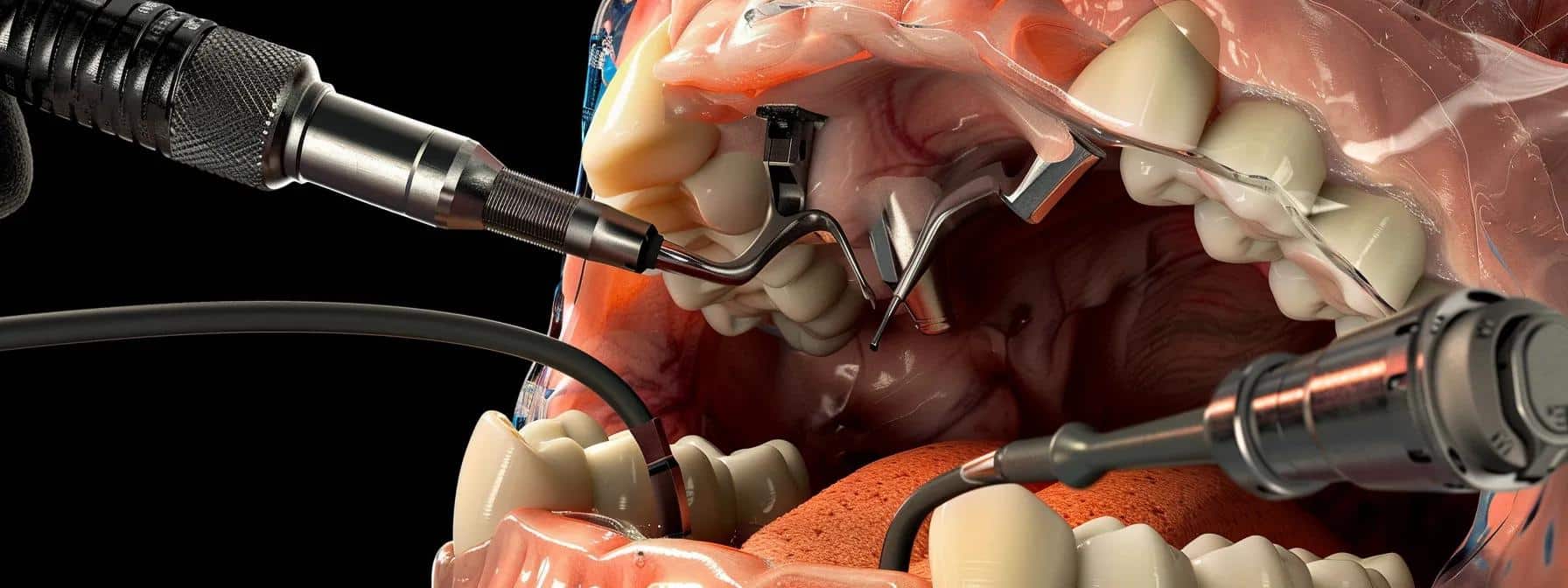Dental health involves more than just regular brushing, flossing, and routine checkups. Sometimes, specific dental concerns require surgical intervention to address underlying issues effectively. Oral surgery is a broad field that encompasses various procedures designed to improve your mouth’s function and health. Understanding when surgical intervention is an option can help patients promote long-term oral health.
Addressing Oral Pathology
Oral pathology is a key area where oral surgery plays an integral role. Conditions such as cysts, lesions, or benign tumors within the oral cavity often require surgical removal to prevent further complications. While these growths may initially appear minor or asymptomatic, they can sometimes impact nearby teeth, jawbones, or soft tissues if left untreated. Surgical intervention allows for accurate diagnosis through biopsy and definitive treatment through excision or other procedures.
Regular clinical evaluations can assist in identifying these abnormalities early. Imaging studies, such as X-rays or CBCT scans, combined with a thorough examination, can help determine whether surgical options are appropriate. Oral pathologists often collaborate with surgeons to provide a comprehensive plan of care that aims to restore and maintain oral function.
Managing Oral Cancer
Oral cancer is another significant area where oral surgery is frequently required. Treatment often involves surgical removal of malignant tissues to eliminate cancer and prevent its spread. The scope of the surgery depends on the stage and location of the cancer, but it can involve removing affected portions of the tongue, gums, or jawbone. Advanced cases may require more extensive reconstructive procedures following resection.
Early identification is key in oral cancer management. Symptoms to watch for include persistent ulcers, white or red patches, or unexplained pain within the oral cavity. Regular screenings by a dental professional or periodontist help detect changes that warrant further investigation. When oral cancer is identified and treated early, surgical interventions often yield better outcomes and reduce further health risks.
Understanding Oral Surgery
Oral surgery is often recommended to address dental issues that cannot be resolved through routine care. One common reason is impacted teeth, especially wisdom teeth. These teeth fail to erupt properly because there isn’t enough space in the jaw. This often causes pain, swelling, infections, or pressure on nearby teeth. Over time, this pressure may lead to misalignment or damage.
Oral surgery may be needed to correct jaw misalignment, treat facial trauma, remove oral tumors or cysts, or address severe gum disease affecting the bone or tissues. Surgeons collaborate with dentists and periodontists to monitor these conditions. Together, they provide effective treatments that improve oral health and function.
Treating Soft Tissue Issues
Soft tissue surgeries can address functional or aesthetic concerns, such as gum recession or excessive gum growth. These procedures typically involve grafting techniques to restore healthy gum tissue, improving appearance and dental health outcomes. They play a key role in preventing complications such as tooth sensitivity or decay. Regular follow-up care is valuable to encourage proper healing and long-term oral health.
Supporting Better Oral Health with Expert Care
Oral surgery offers solutions for various dental and oral health challenges. Each surgical procedure provides specialized care that enhances quality of life. The collaboration between general dentists, periodontists, and oral surgeons allows patients to receive the best possible outcomes. With a focus on patient education and early diagnosis, clinicians are able to guide their patients toward effective solutions that support long-term oral health.
- Zirconia Cap Price: Estimated Cost & Its Long-Term Benefits
- FREHF – The Revolutionary Future Of Human-Centered Technology!
- Adsy.Pw/Hb3 – Boost Your SEO And Drive More Traffic!
- Fitness Based Vacations By Timeshealthmage.com!
- TimesHealthMag Tips For Improving Sleep Quality – Expert Advice For Better Rest!


Leave a Reply